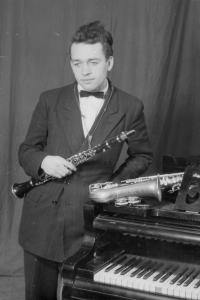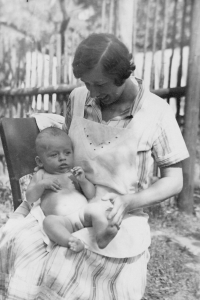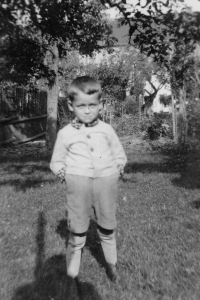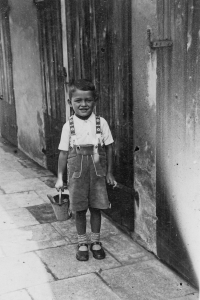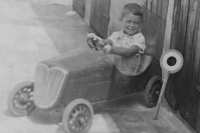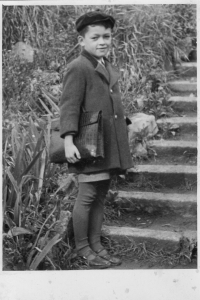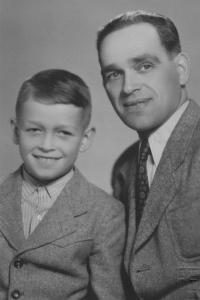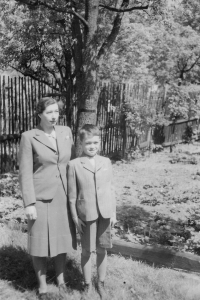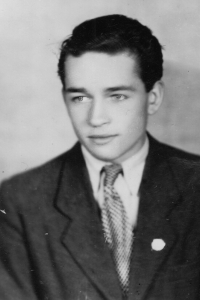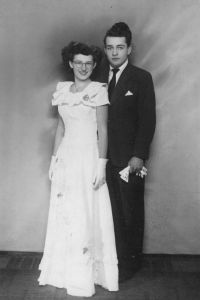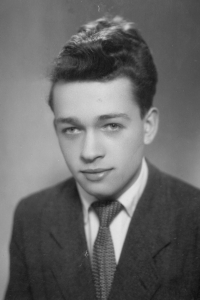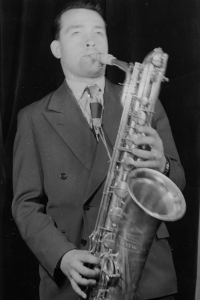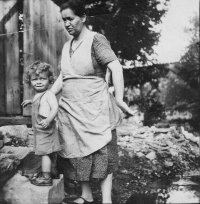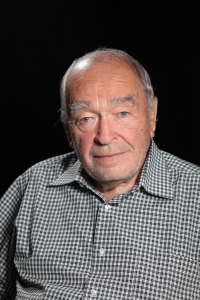The Revolutionary Guards ordered my grandfather to leave the house. By morning he hanged himself
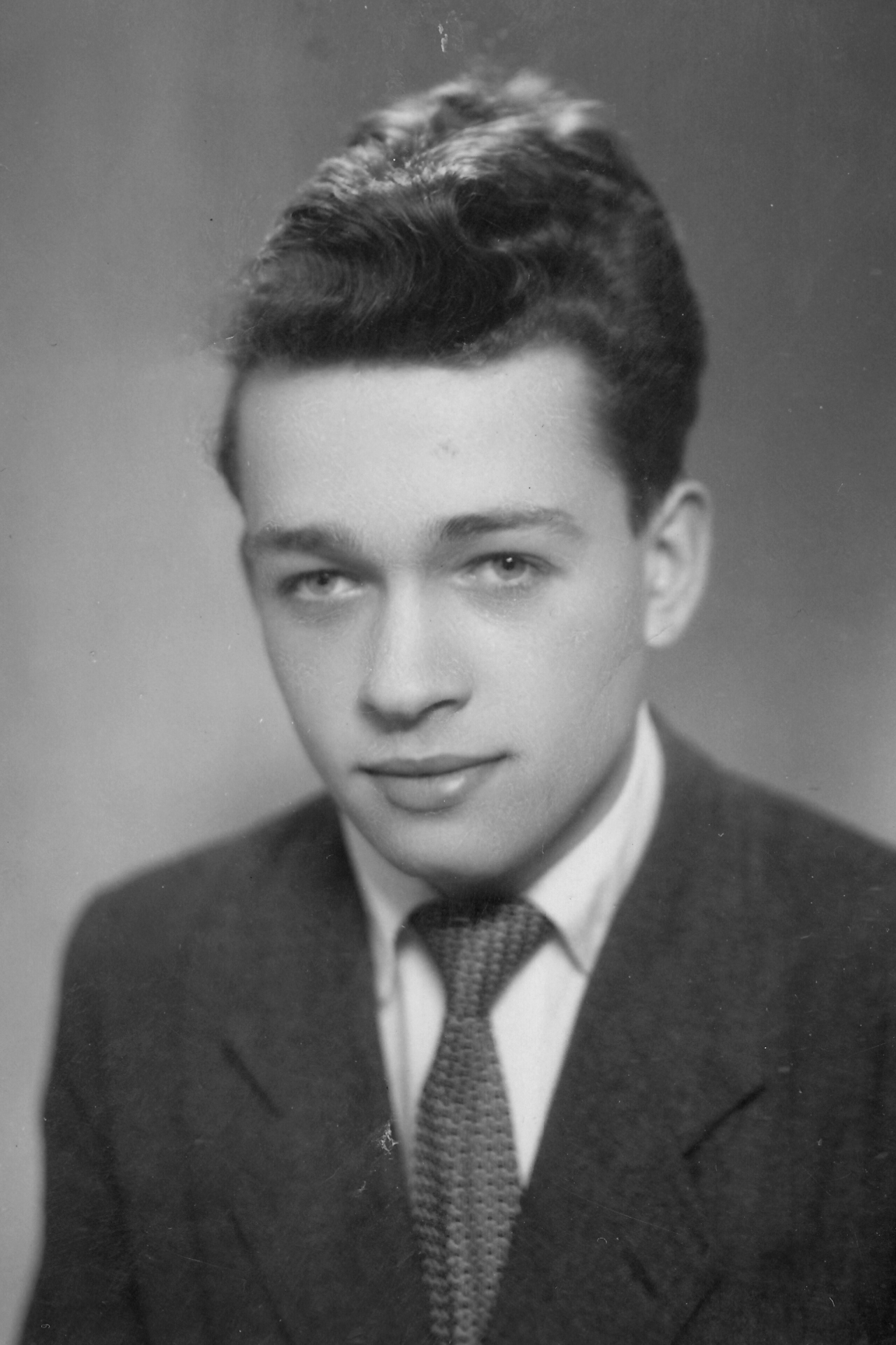
Stáhnout obrázek
Jan Kadlec was born on 2 April 1934 in Chomutov. Shortly before the occupation of the Sudetenland in 1938, the family moved to Prague, where they spent the entire war era until 1946, when they returned to Chomutov. His grandfather hanged himself under the influence of threats from revolutionary guardsmen who forced him to leave the house. His grandmother was forced to leave Czechoslovakia in 1946 as part of an organized exodus. Between 1946 and 1958 he graduated first from the Chomutov Gymnasium and then from the Railway University in Prague. During his studies he married and raised two sons with his wife. He spent the invasion of the Warsaw Pact troops with his family on holiday in East Germany, from where he returned to his homeland under dramatic circumstances. He worked all his life as a railway engineer. He has published three books on the railway lines in the Chomutov region, and he also gives lectures on the subject to the general public. At the time of filming in 2023 he lived in Chomutov. The story was recorded thanks to a subsidy from the city of Chomutov.
